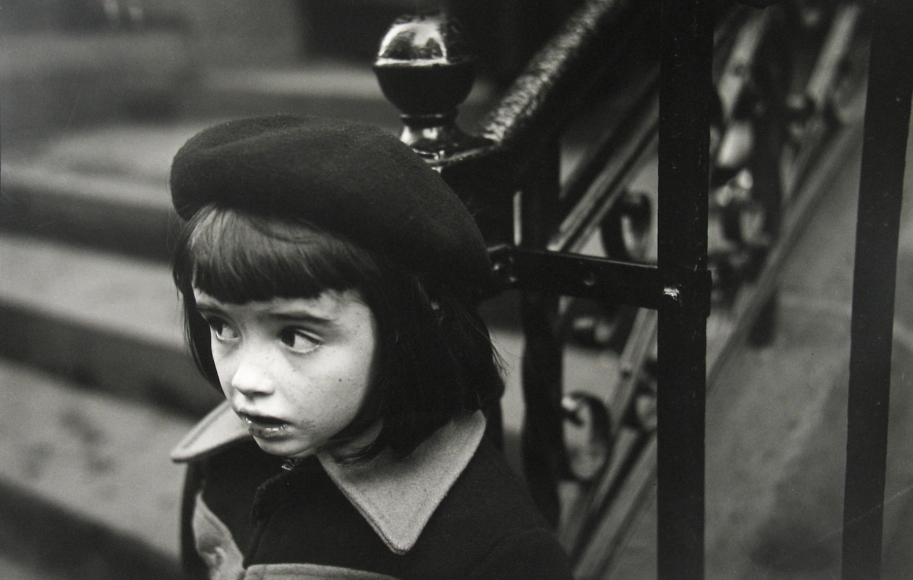Hashtag throwback Thursday. It’s been eight days and I’m still trying to make sense of the election. I’m not sure I ever will. It keeps me awake, and as old men do in the middle of the night they look backwards to the past and then inwards towards themselves. I’m thinking deeply about the origins of my own thinking on race in America. I grew up in a predominately, but not overwhelmingly, white lower middle class, working poor, catholic neighborhood on the east side of Buffalo, New York. The Buffalo of my youth was in a major upheaval. The economy of the city, and the jobs from the heavy industry of the steel plants, had collapsed. High unemployment, crime, and despair were prevalent. It was not uncommon to hear stories of white neighborhoods not far from mine making it uncomfortable for people of color to even walk through them, let alone live. The older grades in my elementary school were almost entirely white, but my grade and the grades below me, had more diversity. I like to think my thinking on race began then. That the otherness I experienced was more of a curiosity and not an animosity. It was as though I was going into someone’s house for the first time and looking at their pictures on their walls, then noticing the pots and pans, chairs, and hardwood floors, the mystery revealed. We were the same. I remembered Chandra, the way she smiled, and how she snuggled with me one night when some of the girls had crashed a sleepover at my friend’s house before they were found out and had to leave. Chandra, if you had to describe her in terms of color, was a light skinned brown girl. Chandra, if you truly described her, was a sunlight of smile and a fierce intelligence that was seeking. When she smiled, dimples appeared and I was smitten. I don’t even remember how we became innocently entwined that night, but it was a powerful connection for me. It was a brief moment of one night before we went back to the usual schoolyard separation of boys and girls, but here it is again all these many years later. Two people enjoying each others company. Here is what I do remember: her smile, and the way she talked to me quietly and the way we laughed together while the party went on around us. It was what boys and girls did and color played no part in it. They played at love. They held hands, and squeezed together. They saw each other, listened to each other, and looked at each other and accepted each other for who they were. My heart fluttered. Around this same time, a Vietnamese refugee family was sponsored by our church and, like that, three Vietnamese children were in our school. The Tranh’s had three children, two boys and a girl, and the youngest two, the boy and girl were for a period in our class. They were quiet and delicate. I can only imagine, as I think back now, that they were afraid and unsure. I am not making sense. I am trying to understand where my own view on race in America began. It is not perfect, but I am trying to see where the thinking began, and how I diverged from a group in the country who elected a man who campaigned on bigotry, misogyny and racism. In the middle of the night, I have come to these early instances. Chandra and the Tranh’s. There are two things I distinctly recall about the Tranh’s. The oldest was in my brother’s class and though the Tranh’s spoke English, it was clearly a second language, and someone in my brother’s class had taught the oldest the middle finger as a greeting. At recess, I remember one of my brother’s friends calling out to him from across the yard and saying hey Tinh, and giving him the finger and Tinh raising his hand and giving the finger back. I remember it clearly. It made me feel like something was very wrong. There was a grotesqueness that the gesture, of which I was no stranger to, had taken on that was more deeply troubling than I had noticed before. It was wrong. That is one recollection. The other is that the brother and sister in my class, though quiet, reserved, bent to learning could take a scrap piece of paper and fold it into a crane, or frog, or star. I want to say it was my first experience with origami. As an old man awake in the middle of the night, making sense of a senseless election, I saw Chandra again, that little girl making sense of the world and in so doing reshaping me in a brief moment of tenderness. I see the Tranh’s again and how they took a scrap of discarded garbage paper and made it something beautiful.




















